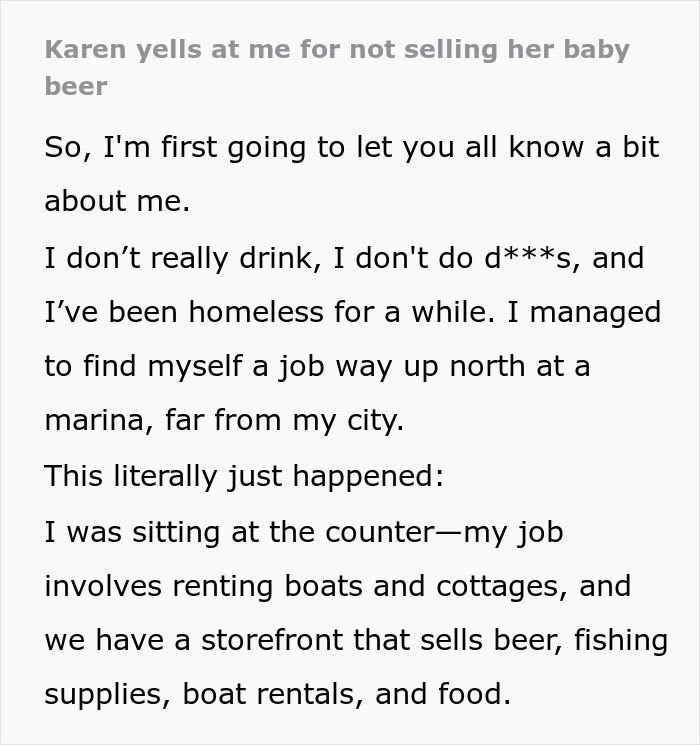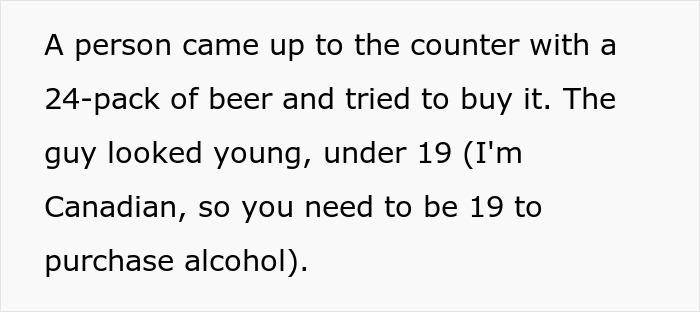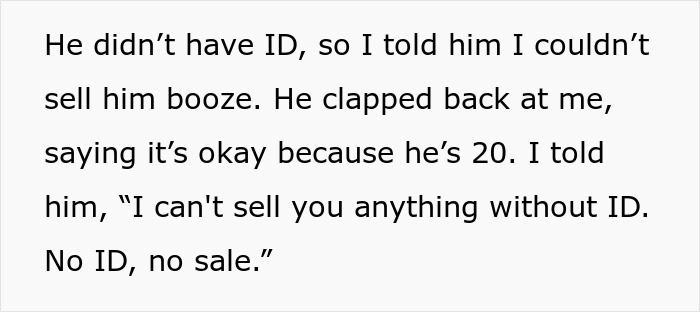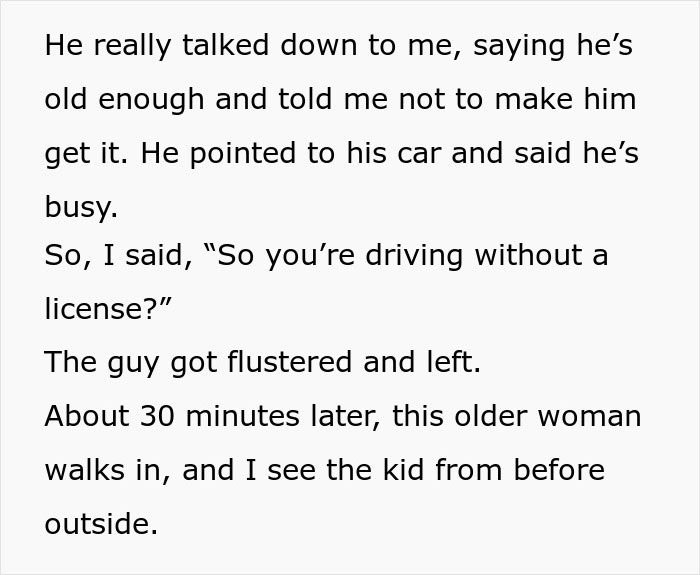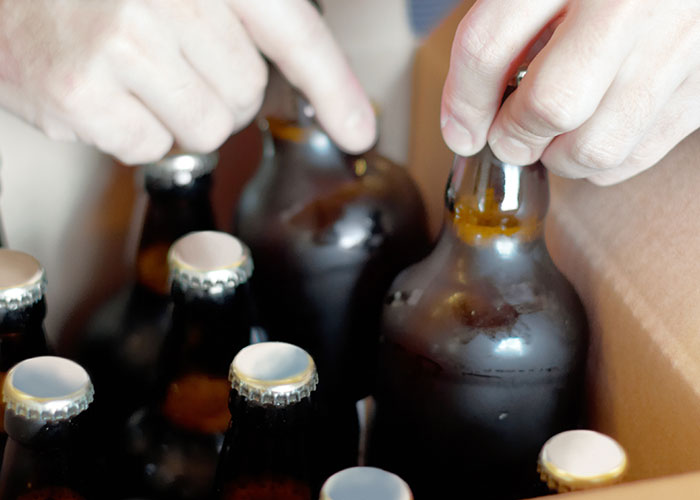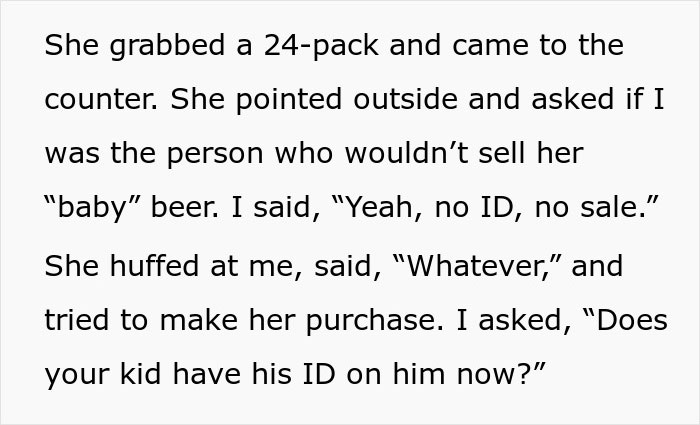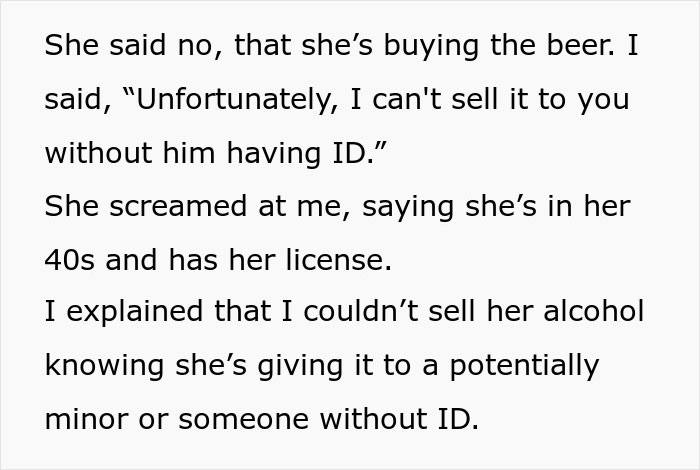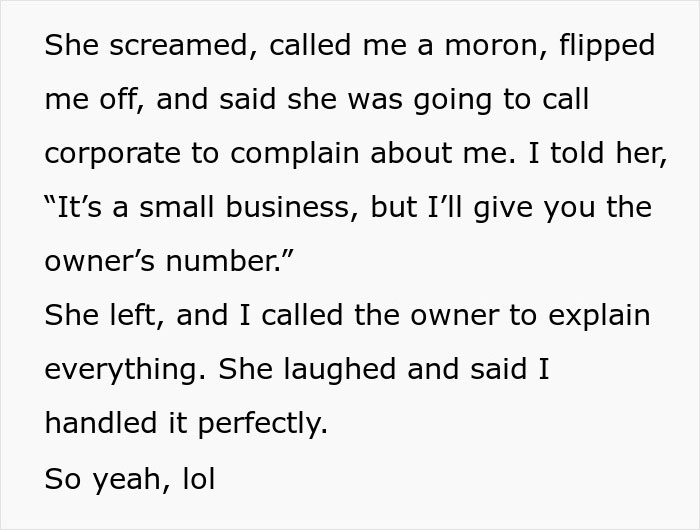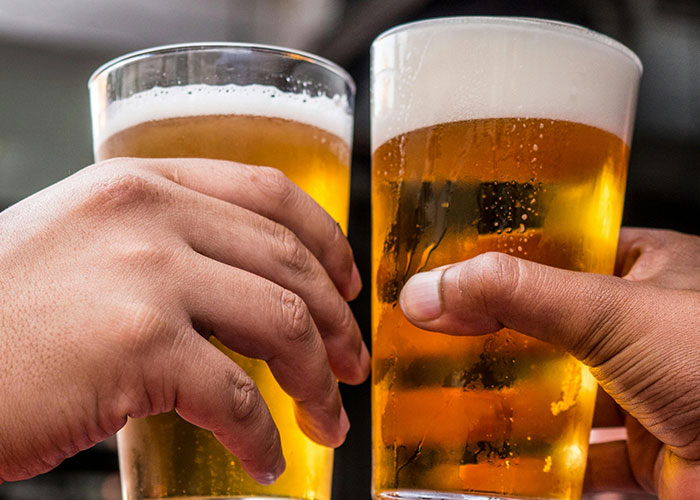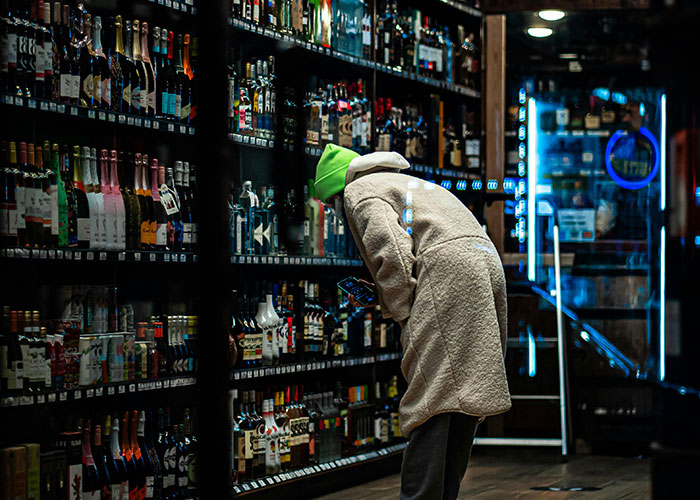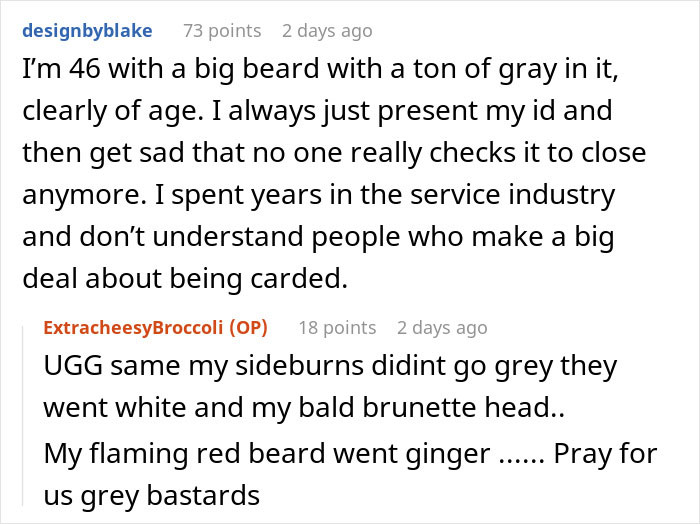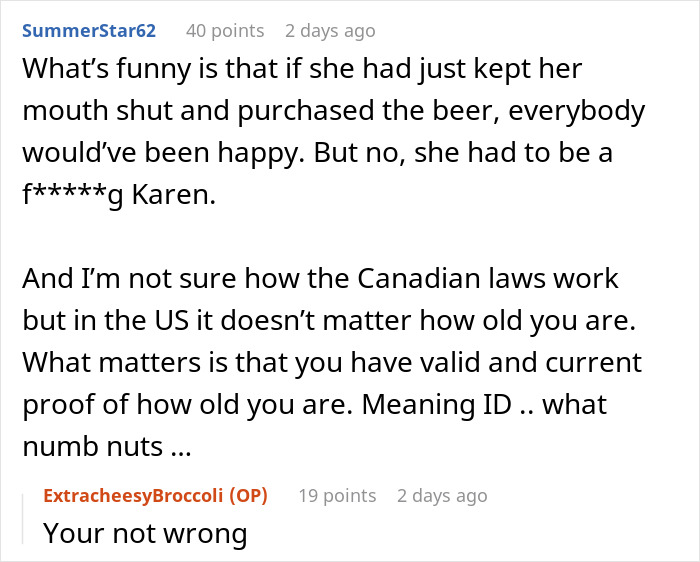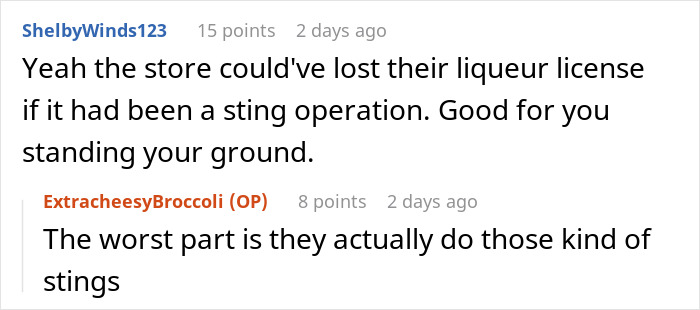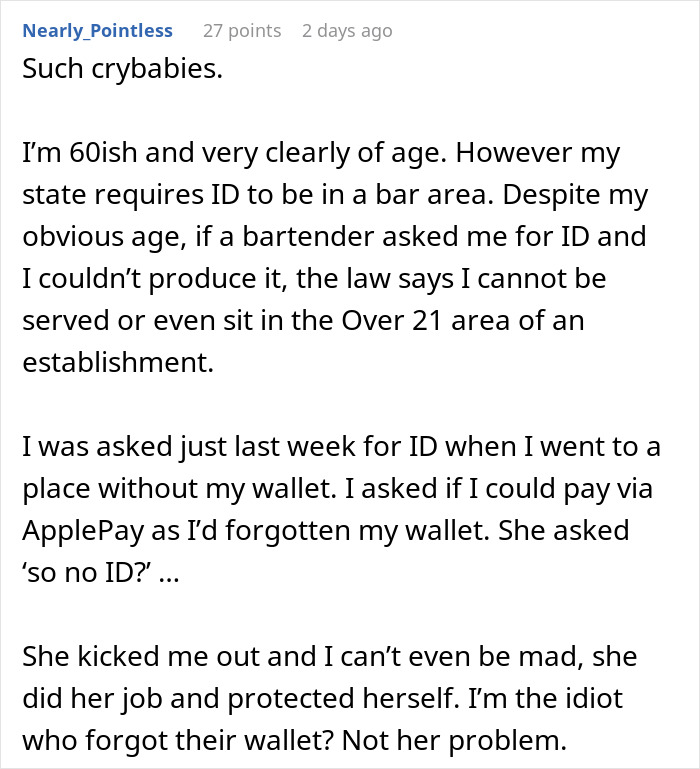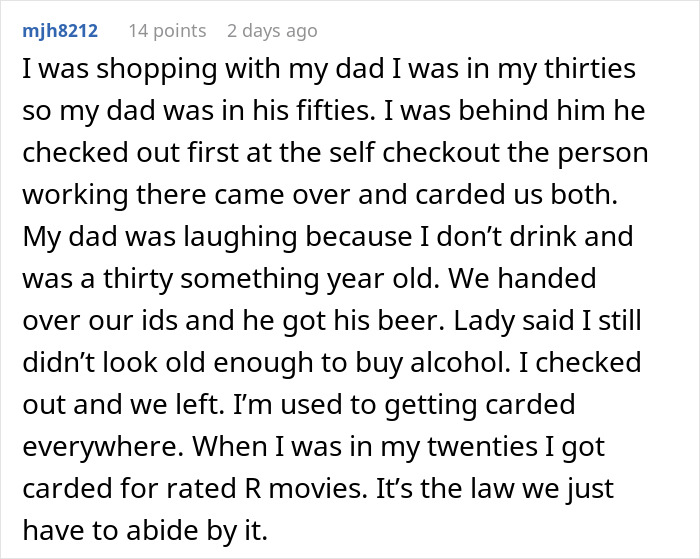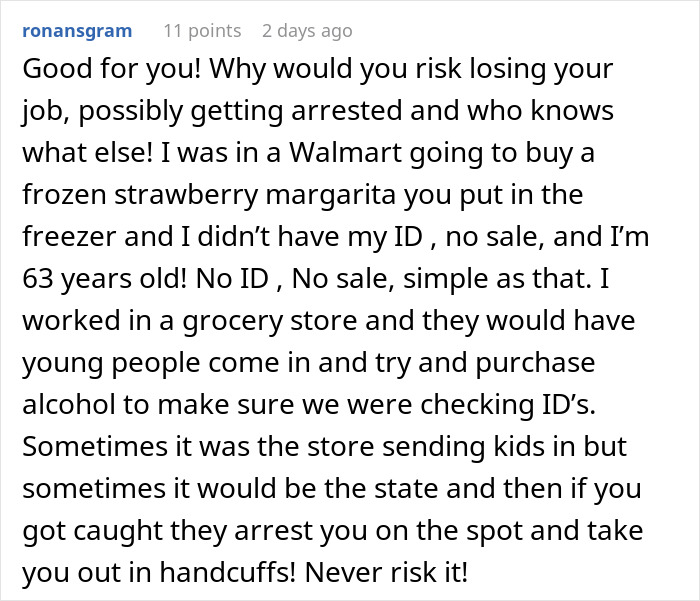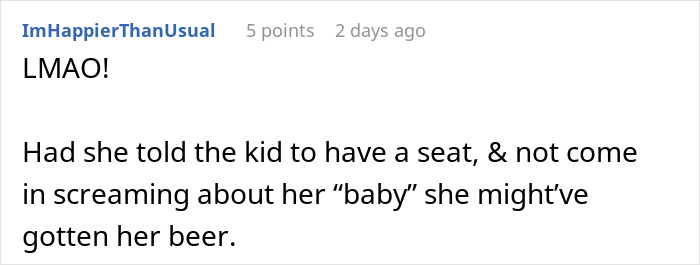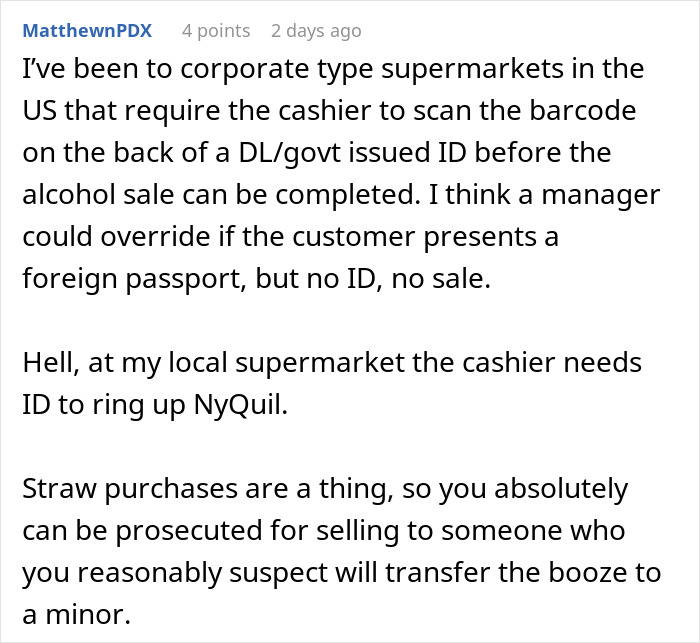Canada-based redditor u/ExtracheesyBroccoli, who also runs a YouTube channel by that same name, recently went viral after sharing how he handled a sensitive situation at work. A minor tried to buy alcohol from him, and when he failed, his mother tried to do it for him. However, the author was having none of it. Scroll down for the full story. Bored Panda reached out to u/ExtracheesyBroccoli via email for further comment, and we’ll update the article as soon as we hear back from him.
Some customers are so rude and entitled that they think the rules don’t apply to them
Share icon Image credits: Timur Weber / pexels (not the actual photo)
A man opened up about how he handled a couple of customers who tried to get around the law to buy alcohol
Share icon
Share icon Share icon Image credits: YuriArcursPeopleimages/ envato (not the actual photo) Share icon Share icon Share icon Image source: ExtracheesyBroccoli
Underage drinking can have a wide range of negative effects, both physically and socially
Share icon Image credits: Tembela Bohle / pexels (not the actual photo) In Canada, in the vast majority of provinces and territories, it is illegal to purchase or consume alcohol if you are under 19 years of age. The only exceptions are Alberta, Manitoba, and Quebec, where the legal drinking age is 18. According to a report by the Canadian Centre of Substance Abuse and Addiction (CCSA), 40% of Canadians aged 15 and older consume over 6 standard alcoholic drinks per week. The CCSA describes a standard drink as a 12-oz. (341 ml) bottle of 5 percent alcohol beer or cider, a 5-oz. (142 ml) glass of 12 percent alcohol wine, and a 1.5-oz. (43 ml) shot glass of 40 percent alcohol spirits. Generally speaking, there are negligible-to-low health and safety risks linked to drinking 2 standard drinks or less per week. The risk is moderate for those who consume 3 to 6 standard drinks per week. Meanwhile, the risk is high for people drinking more than 6 standard drinks per week. Naturally, the CCSA recommends drinking no more than 2 of these drinks per week. Meanwhile, the Centre also suggests that pregnant women, people who are trying to conceive, and breastfeeding mothers avoid alcohol entirely. Even in small amounts! According to the Canadian Centre for Addictions, the legal drinking age prevents early exposure to alcohol among young people. “The brain continues to develop until the early twenties, and early alcohol consumption can disrupt this process, resulting in cognitive impairments and an increased susceptibility to addiction.” Furthermore, raising the legal drinking age lowers alcohol-related harm among young people. In short, there are fewer alcohol-related accidents, injuries, and deaths. Furthermore, a higher drinking age also leads to lower rates of alcohol dependency and abuse later on in life. This, in turn, means that the healthcare system is less strained, as medical staff have to deal with fewer alcohol-related emergencies and conditions.
The rules are slightly different depending on the Canadian province and territory
Share icon Image credits: Abhinav Bhardwaj / pexels (not the actual photo) Criminal Code Help explains that while it is illegal to purchase alcohol for a minor, every province has its own rules related to serving minors. For example, Ontario’s Liquor License Act states that minors can consume alcohol if supplied to them by their parent or guardian, and in their presence. An establishment that serves a minor in British Columbia could face having their liquor license suspended for 10 days or a 10,000 Canadian dollar fine. Meanwhile, minors found with liquor, caught inside a bar or pub, or caught using fake IDs can get a 230 dollar fine in the province. The author of the post, u/ExtracheesyBroccoli, did the right thing. Selling alcohol to minors is illegal. If the author had gone through with the sale, he and his workplace could have landed in a lot of hot water. Instead, he stood up for the law and his principles, and gently pushed back against the customers’ entitled behavior. Putting the law aside for a moment, there’s no excuse for treating the staff poorly. We’re all human. A bit of kindness and respect goes a long way. And as anyone who’s worked in retail or the food service industry before probably knows, there is a huge difference between customers who are having a bad day and those who think they can bully others to get their way. The former make mistakes (as do we all). The latter need to be handled by enforcing some very clear boundaries. Until they see that their actions have consequences, they won’t relent. What do you think of the way the author handled the situation, dear Pandas? What would you have done if you were in his shoes? Have you ever had to deal with rude or overly-entitled customers? Tell us all about it in the comments!
The story got a lot of attention online. Here’s how some readers reacted to it
Share icon Share icon Share icon Share icon Share icon Share icon Share icon Share icon Share icon Share icon Share icon Share icon Share icon Share icon Share icon Share icon Anyone can write on Bored Panda. Start writing! Follow Bored Panda on Google News! Follow us on Flipboard.com/@boredpanda!

